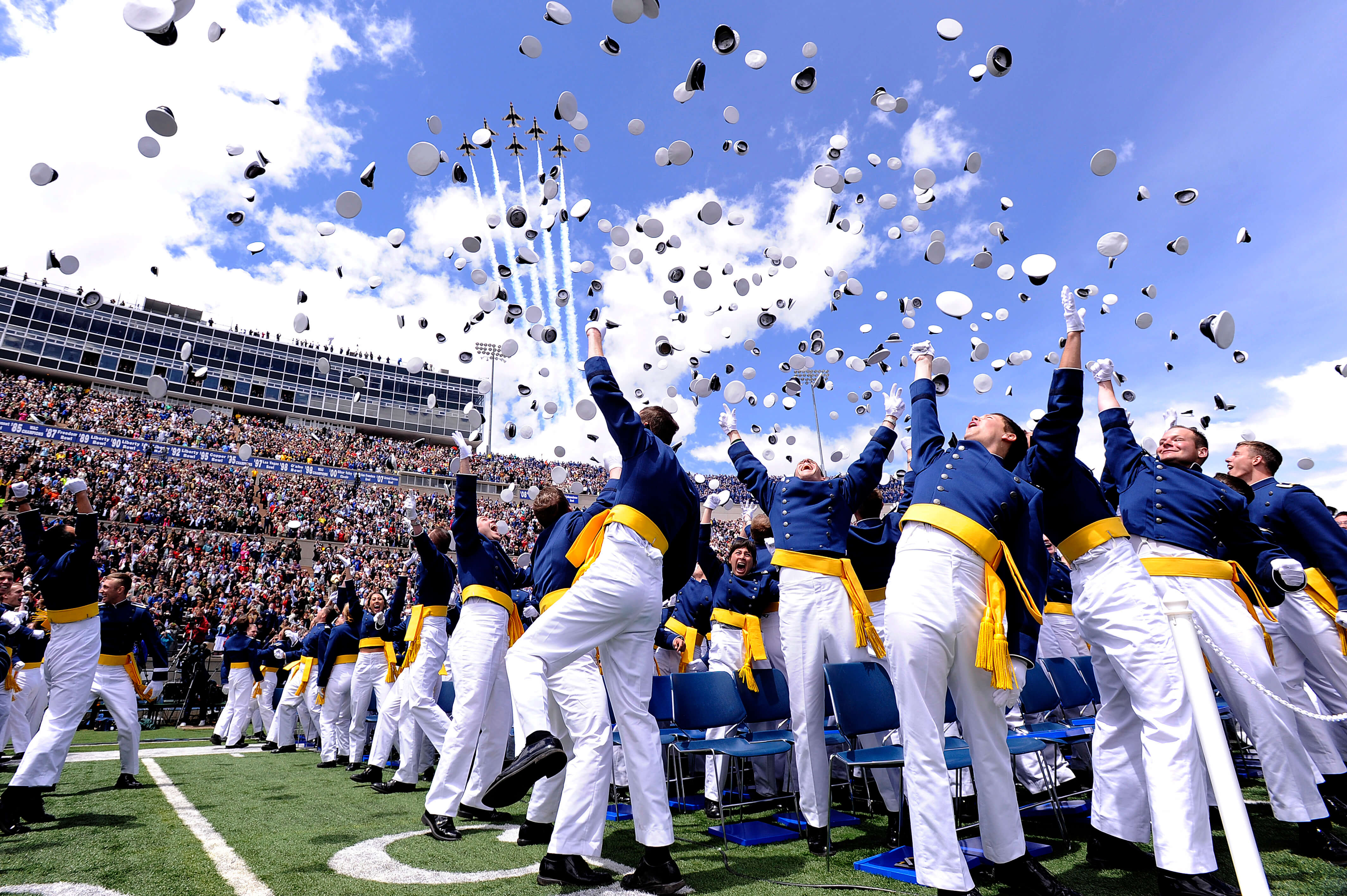My DS is very interested in serving our country, but also in seeing the world. He loves Math, so wants to major in that, and has been looking at actuarial science to be more specific. He also has an interest in linguistics and learning Japanese, with a strong interest in Asian culture. Obviously, that's a really broad base that will narrow as he gets more into college classes, experience, etc.
My question is, are there specific jobs in the Air Force that would help or even hinder the idea of him being stationed overseas? I know there are some jobs that are non-deployable and probably some that are almost based stateside. As he is exploring jobs that he might want to try for, I was just wondering if there are those that would help him see the world more than others.
Thanks in advance.
I could have written this about 10 years ago:
My DS is very interested in seeing the world and views the Military as a vehicle to do so. He loves Chemistry, so wants to major in Chemistry, but has been looking at Chemical Engineering to be more specific. He also has an interest in learning any language, with a strong interest in any foreign culture. Obviously, that's a really broad base that will narrow as he gets more into college classes, experience, etc.
Today he is an Army O-3 in the middle of intensive language training before moving overseas for what will be a 2-3 year change of Duty Station. He is almost exactly where he dreamt of being, in terms of Unit and location (OCONUS), 10 years ago.
I won't bore you with the details of how he got where he is today. You can find them in my content. When he began his college/ROTC life he had as much overseas and language experience as a blond haired, blue eyed Midwestern kid could possibly have. He then took every opportunity during college to enhance those credentials. When he branched (Signal) and bid on his first duty station he was lucky enough to get the branch he wanted and an OCONUS duty station where the action was.
Here's the bottomline, however. When he showed up to his first ROTC lab no one cared about his "credentials". They cared about him showing up on time, always being in the top 25% in PT, and showing leadership or followership at the proper times. The Big Army cared mostly about his GPA and what the instructors thought of him.
When he showed up at his first duty station, no one cared about his "credentials". His superiors cared about the comms working correctly and not getting b*****d at by the units they supported. His enlisted folks cared about getting the support they needed to do their jobs. His job was made easier by the focus of his college coursework, which was heavy in math and CS, both of which were by-products of his Chemistry degree..
All the while, he questioned if he even had what it takes to get to that dream. It took a huge amount of humility, which he had never shown, and willingness to listen and learn. A good metaphor would be that his dream was a spot 1000 yards in the distance, but his focus was always to cover the 10 yards in front of him. The language factor did not start to pay off until several years in. If your son focuses on his academic core, stays fit, and keeps his interest in languages alive, his path will unfold for him, provided he focuses on the job right in front of him.
From a practical standpoint, if he wants to fly fixed wing aircraft then the AF would be the place to be. If he likes the ocean and the world's biggest, baddest machines it would be the Navy. However, if those don't matter to him, then the Army may be a better route. It is simply larger, with more overseas installations and posts drawing on a wide variety of skillsets.
Americans generally don't appreciate the importance of developing a proficiency on foreign languages. I don't think it can be overemphasized and I really don't care what language it is. So, I wouldn't discourage Japanese, but one look at the world section of the Wall Street Journal will tell you that if his interest in Asia, then Chinese would be a more attractive qualification in his portfolio of credentials.
I would recommend a book,
Imperial Grunts. It's a little dated, having been published right before Afghanistan and the second Gulf War, but give it gives a really good view of what the US military is doing is a number of far flung places. I gave it to my son about the time he started high school.
Tell us a little more about your son--age, interests, sports--and you'll get more perspectives from folks much more qualified than me.
Wish him the best of luck!

